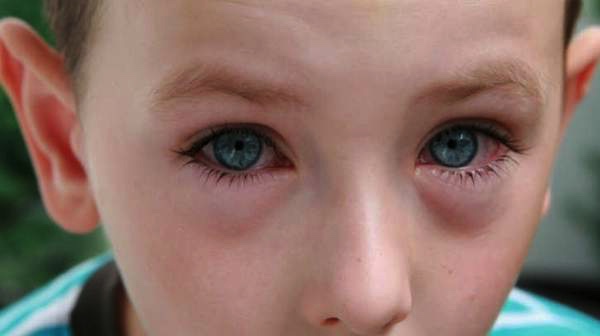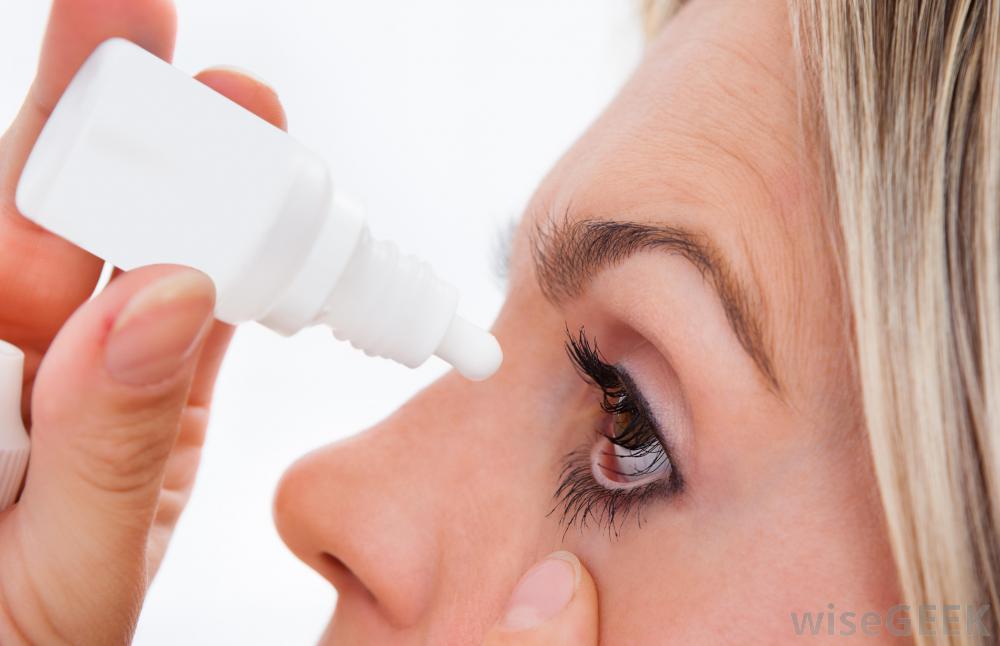Do your eyes feel itchy and watery when you are around a cat or when pollens are in the air? Have your eyes turned red and swollen? If you do have, you are likely to have allergic rhinitis that is usually triggered by airborne allergens. And it may lead to allergic conjunctivitis which is the inflammation of conjunctiva of the eyes.
Allergic conjunctivitis is an allergic disease that affects your eyes. It is most common in people having asthma and allergic rhinitis. It occurs when an allergen in the air sticks to the mucous membranes of your eyes. Body reactions in the form of symptoms get triggered when this occurs and different substances like histamines are released.
Some people affected by this may even experience skin irritations on the insides of their eyelids. The air pollution and dry eyes can worsen the symptoms. Allergic conjunctivitis is usually short-term and can be treated easily. But if your problems don’t go away by themselves, take precautions, consult an eye specialist, get the physical examination done and take meds if needed.
Here’s how you can prevent, treat and diagnose allergic conjunctivitis to avoid watery, itchy eyes.
Diagnosis of Allergic Conjunctivitis

The eye doctor can help in confirming allergic conjunctivitis based on symptoms and certain tests. Although testing is not needed for diagnosing the condition, skin testing may help in identifying allergens that cause the symptoms.
If your symptoms do not improve with treatment, check with your doctor if you have a different condition. Dry eye also causes symptoms same as allergic conjunctivitis.
Preventing Allergic Conjunctivitis

The best way is to avoid the condition is staying away from your allergens like pet dander which may come in contact with you if touched. So it’s better to wash your hands after that. If pollens are your problem, keep your windows shut and turn your air conditioner or air purifier on during the pollen season.
Moreover, do not rub your eyes as rubbing the eyes cause conjunctiva cells to release histamine and other inflammatory substances which aggravate the symptoms. Over-the-counter artificial tears should be used frequently for getting relief and diluting allergens inside the eyes.
How to treat Allergic Conjunctivitis

Medicated eye drops are the first step when it comes to treatment of allergic conjunctivitis. An over the counter product like ketotifen can be tried out. The immune system overreaction can be controlled as the active ingredients are antihistamine and mast cell stabilizer. The prescription-strength products with similar actions can also be used.
Over-the-counter oral histamines like loratadine, cetirizine, and fexofenadine can also be used for its treatment. You may also go for the prescription antihistamines desloratadine and levocetirizine.
For severe allergic conjunctivitis that does not improve with other medications, prescription eye drops containing corticosteroids such as loteprednol etabonate and fluorometholone may be used but under the guidance of an ophthalmologist.
Image Source:
1) caac-inc
2) mnemagazin
3) wisegeek

